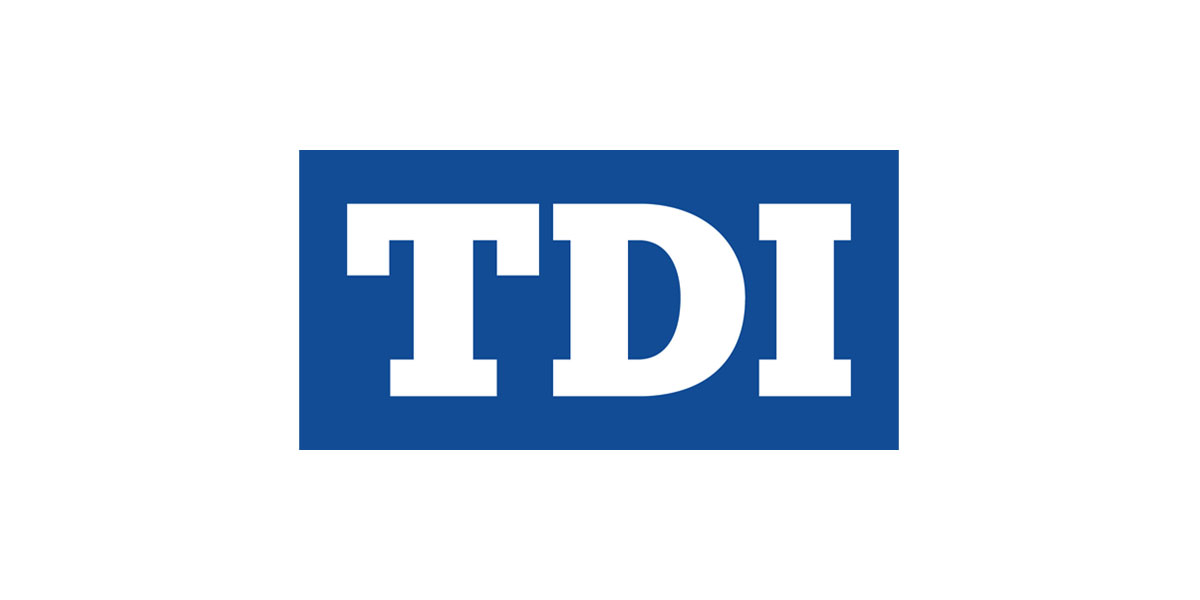Health insurance is one of the most important benefits an employer can offer, regardless of size. Employer sponsored healthcare can be a make-or-break factor for both recruiting and retention, offering current and prospective employees a sense of security and a contingency plan if they should ever get sick.
Health insurance is one of the most important benefits an employer can offer, regardless of size. Employer sponsored healthcare can be a make-or-break factor for both recruiting and retention, offering current and prospective employees a sense of security and a contingency plan if they should ever get sick.
Unfortunately, many small and medium-sized businesses can’t afford to offer health benefits. According to the Kaiser Family Foundation, only 30 percent of US businesses with fewer than 50 employees provide health insurance to their workers. In contrast, more than 97 percent of U.S. businesses with more than 50 employees provide health insurance.
It’s a particularly tall order in the restaurant and hospitality industries, where margins are already slim. In a survey of restaurant workers conducted by Restaurant Opportunities Centers United, 90 percent of respondents said their employers didn’t offer health coverage. And even if owners can afford to offer some sort of health coverage, many team members choose not to enroll due to high employee premiums or even higher deductibles. The Affordable Care Act (ACA) has helped in this respect, giving employees of small businesses access to relatively affordable health insurance plans.
The ACA is a (very, very) complex piece of legislation, and its compliance requirements vary depending on the size of your business. In this article, we’ll cover in detail the health insurance requirements for both small and medium-sized businesses, as well as touch on some of the mandates on larger organizations.
In short, no. There are currently no federal or state laws mandating that small businesses provide health insurance to their employees. The ACA requires all businesses with more than 50 full time employees (or full-time equivalent employees) to offer some sort of health insurance plan. Many small and medium-sized businesses are exempt from this mandate because they have smaller staffs. For these businesses, offering employees a health plan is entirely optional.






















